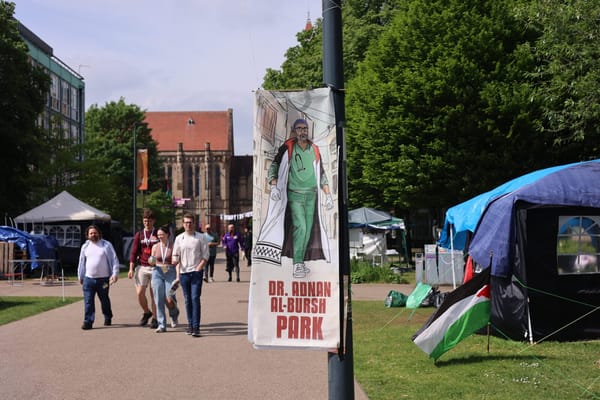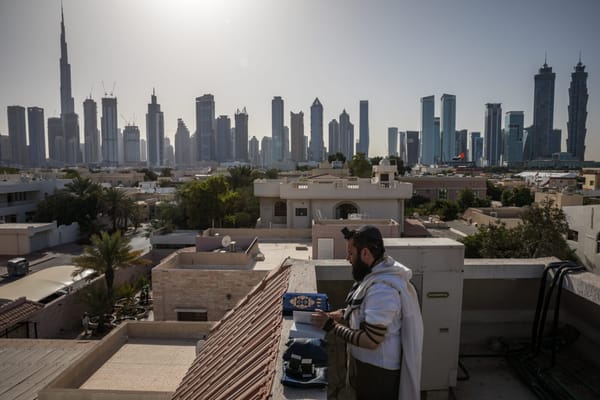Column
Passing the Test On October 13, 1988, the Nobel Prize committee in Stockholm announced that the 1988 prize in literature had been awarded to Egyptian novelist and playwright Naguib Mahfouz -- the first time an Arab writer had received this honor. In its front-page story on the award, the New York Ti









